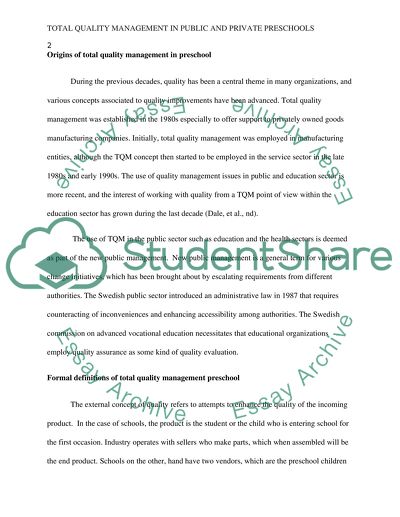Cite this document
(“Literature Review on Total Quality Management in public and private Essay”, n.d.)
Literature Review on Total Quality Management in public and private Essay. Retrieved from https://studentshare.org/education/1481363-literature-review-on-total-quality-management-in
Literature Review on Total Quality Management in public and private Essay. Retrieved from https://studentshare.org/education/1481363-literature-review-on-total-quality-management-in
(Literature Review on Total Quality Management in Public and Private Essay)
Literature Review on Total Quality Management in Public and Private Essay. https://studentshare.org/education/1481363-literature-review-on-total-quality-management-in.
Literature Review on Total Quality Management in Public and Private Essay. https://studentshare.org/education/1481363-literature-review-on-total-quality-management-in.
“Literature Review on Total Quality Management in Public and Private Essay”, n.d. https://studentshare.org/education/1481363-literature-review-on-total-quality-management-in.


